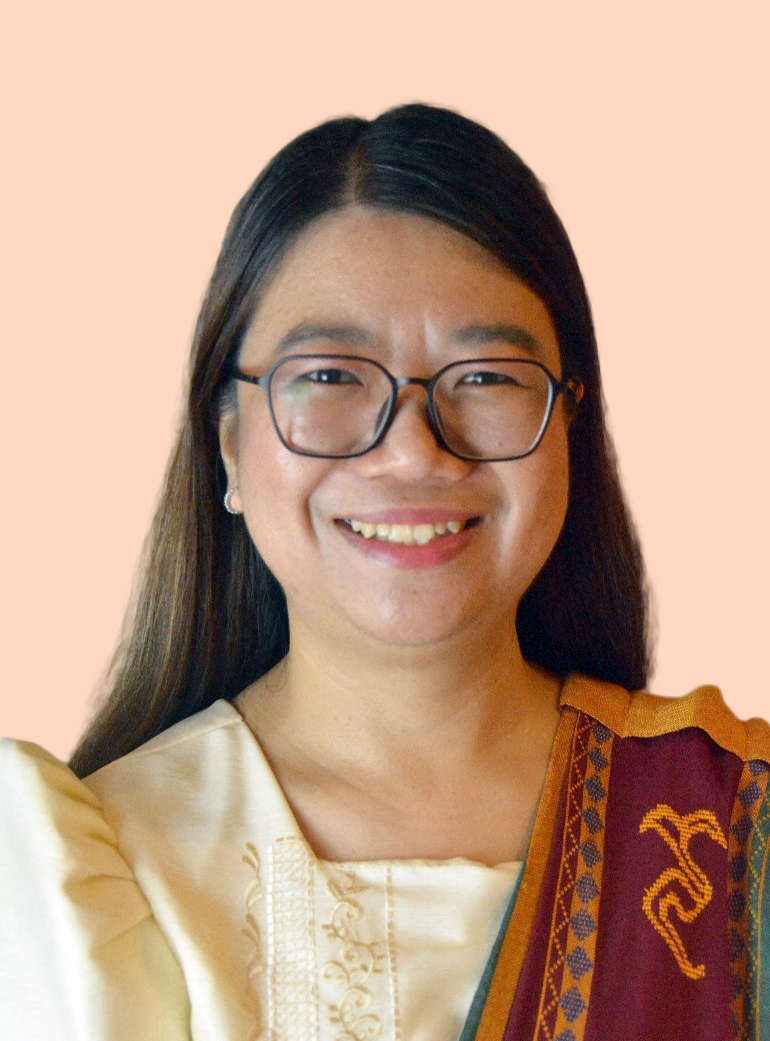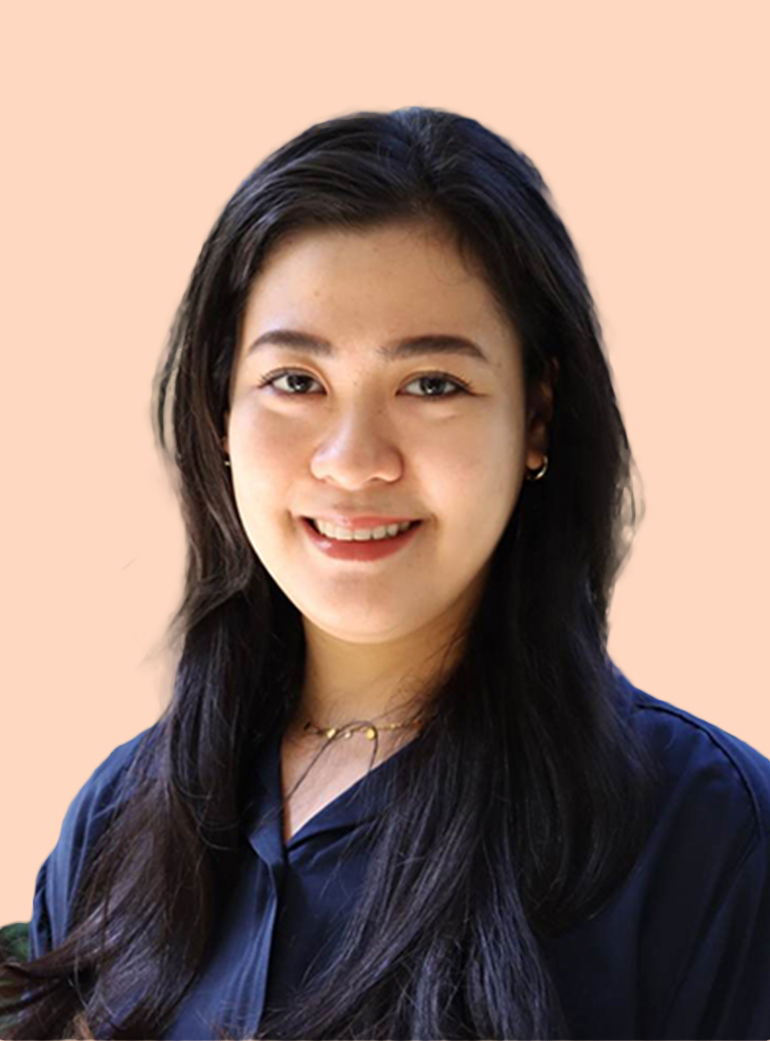Four of UP Diliman’s (UPD) faculty members and one student were given opportunities to learn more about their respective fields and enhance their skills abroad.
Receiving fellowships and a scholarship from universities and organizations were Rommel B. Rodriguez, PhD, a professor at the UPD Departamento ng Filipino at Panitikan ng Pilipinas (DFPP); April J. Perez, an assistant professor at DFPP; Sir Anril P. Tiatco, PhD, a professor at the UPD Department of Speech Communication and Theatre Arts; and Aletheia Kerygma B. Valenciano, an assistant professor at the UPD Department of Political Science.

Representing the country in a leadership summit is Juanquine Carlo R. Castro, a student at the UPD National College of Public Administration and Governance.
Rodriguez was accepted as a fellow in the Protective Writing Fellowship for Human Rights Defenders 2024 (Protective Writing Fellowship) of the University of York, United Kingdom, while Perez was accepted as a participant in the Lancaster Summer School (LSS) at Corpus Linguistics for Language Learning, Teaching, and Testing of Lancaster University, United Kingdom.
Rodriguez’ fellowship lasted for three months and was one of two fellowships organized by the Center for Applied Human Rights (CAHR) of the University of York, stated on the CAHR website. It started in May.
The CAHR website states the Protective Writing Fellowship is “a new initiative aimed at strengthening the capacity of human rights defenders at risk who are in leadership positions within local human rights movements and organizations. It builds on and complements our Protective Fellowship Scheme for Human Rights Defenders at Risk, which we have run since 2008.”

During their stay, fellows “benefit both from time away from a difficult environment, and from educational resources designed to increase their effectiveness and their ability to influence policy and practice when they return home,” the CAHR website states.
Meanwhile, the LSS website states that the Corpus Linguistics for Language Learning, Teaching, and Testing is “held annually during the summer at Lancaster University.” It is “aimed at students, researchers, and teachers who are interested in analyzing language data using quantitative (corpus) methods research. The summer school focuses on using corpus methods to analyze learner language and on applying corpus findings in language teaching and assessment,” the website adds.
This annual program “takes place under the aegis of the ESRC [Economic and Social Research Council] Centre for Corpus Approaches to Social Science (CASS), which is the recipient of The Queen’s Anniversary Prize for Higher and Further Education. CASS is investigating the use of language related to important social topics such as healthcare, poverty, hate crime and language learning,” the website also says.

Tiatco was awarded a New York Fellowship Program grant by the Asian Cultural Council (ACC).
According to the ACC website, fellows like Tiatco will “undergo training in dramaturgy through an apprenticeship under an established dramaturg and learn the latest trends in dramaturgical practice through workshops, forums, and arranging one-on-one interviews with renowned dramaturgs working in New York.”
“The New York Fellowship Program provides programmatic and networking support during a six-month residency in New York City. ACC supports grantees with focused research plans as well as those pursuing open-ended exploration. The program structure cultivates an environment for cohort learning and provides opportunities for mutual cultural exchange between fellows and New York-based cultural producers,” the ACC website stated.
Valenciano was selected to be a fellow of the Young Leaders Program organized by the Pacific Forum, a non-profit foreign policy research institute based in Honolulu, Hawaii, USA.

Established in 2004, the Young Leaders Program aims to “enhance cross-cultural opportunities for young scholars and foreign policy professionals to improve their policy analysis skills at an early juncture in their careers. The program affords Young Leaders an unparalleled opportunity to build their network, observe the foreign policy making process, and voice their generation’s viewpoints within elite circles of policy specialists,” the Pacific Forum website stated.
The website also mentions that selected fellows “will have access to the 15-20 conferences and events that Pacific Forum organizes each year. Pacific Forum staff select young leaders to participate based on their potential to contribute substantively to a given discussion and their demonstrated ability to serve as an ambassador for themselves, the program, and Pacific Forum.”
Lastly, Castro was accepted as a Philippine representative to the SEALNet (Southeast Asian Leadership Network) Youth Leadership Summit 2024 (SEALNet YLS24).

SEALNet YLS24 is “a hybrid program that brings together young leaders from all over Southeast Asia,” said the summit’s website.
According to the summit’s schedule, the summit has two phases: the Phase 1 online training every Saturday from June 22 to July 13 and the Phase 2 onsite training which will be held in Ho Chi Minh City, Vietnam from July 22 to 27.
“The program will be done through a series of workshops and hands-on activities. Participants will learn project management skills, and the skills needed to contribute to social changes within their community. This is to equip them to be effective service leaders,” the summit website adds.
SEALNet started in 2004 when “a group of students from Stanford University and working professionals from the Southeast Asian Leadership Initiative—a foundation for innovative social enterprise projects—came together through their shared desire to see Southeast Asia grow,” the SEALNet website says.
